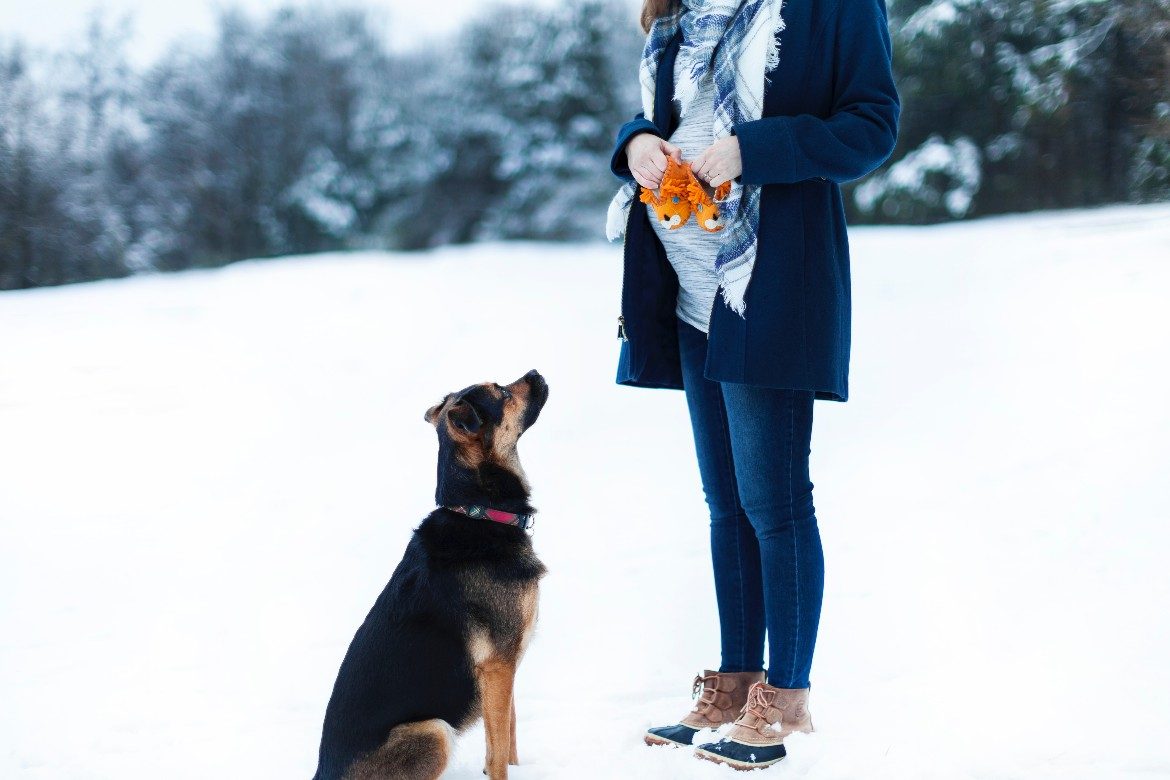Media Release, 3 September 2019
New Zealand’s most common birthday is 29 September, with the 10 most common birthdays all appearing in the 13-day period from 22 September to 4 October. To celebrate all the new babies being born, SPCA wants to let expecting parents (who already have fur babies) know how they can make this transition easy for the whole family.
Pets teach children how to be nurturing and caring, plus there are health benefits such as lower levels of obesity, allergies and anxiety in children raised with pets. Starting the relationship right and valuing what your pet needs before the arrival of a baby is an important part of a long and happy relationship.
Here are SPCA’s top tips for preparing your pet for a new baby, with input from Dr Jess Beer of Kiwi Vet Behaviour:
Get a vet check before the baby arrives
Ensuring your pets are up to date with their vaccinations, flea treatment, worming treatment, and medication for any health conditions is best done before your baby arrives. This will avoid any unnecessary trips to the vet to get medication or food that has run out, or suddenly realising their vaccinations have lapsed. Up-to-date worming is especially important as there are intestinal parasites such as roundworms that can be passed to humans, and young babies and children would be especially vulnerable.
If you’re worried about your cat or dog’s anxiety with the upcoming changes in their home, talk to your veterinarian about Feliway or Adaptil pheromones. These are species-specific pheromones that work on your pet’s brain to increase feelings of contentment. Research also shows that diffusers or cloths with a few drops of lavender or chamomile essential oils appear to have a calming effect.
Invest time in training
Does your dog jump up on you when you get home? This could be unsafe if you are arriving home with a precious baby in your arms. Do they pull on the leash when they are being walked? Walking your dog alongside your pram is great, but only possible if your dog has good leash manners. Resisting baby messes will require a solid “leave it”.
Before your baby arrives, it’s a good idea to refresh your training with your dog, and work on some unwanted behaviours that could become problematic with a new-bornin the house. SPCA suggests training your dog to walk next to the pram at least a month before your baby arrives.
Seek out a qualified, positive dog trainer who will give you some practical tips and your dog the manners they require. The key is to start the training as soon as possible, not after your baby has arrived and everyone is a tired and busy.
Setting up space
One of the main concerns pets have when a baby arrives is the sudden change of where they are allowed to be. If your cat loves to sleep in the sunroom, or your dog naps in the guest room, and suddenly those areas are off-limits, it can be very distressing. So a few months before the baby arrives, plan areas your pets will and won’t have access to.
It’s a good idea to create a safe place for your pet to go when they need a break from the baby or when you need to keep your pet separated during feeding or bath time. Pet pens that separate a corner of the room, or a large crate with their bed, along with some toys and treats works well for dogs. Shelves, perches, and hiding places will help your cat feel safe, and providing treats and feeding your cats up high will give them a sense of calm in a place away from baby-related activities. Ensuring they still have a comfortable and secure place will minimise the chance they move out of home altogether!
One thing many people forget to introduce pets to is any new baby furniture in the house – allow them to sniff, explore and recognise it as part of the home. Fear of new objects, like a cot, rocking chair, or even a chest of drawers, can lead to scratching, chewing, or urinating on the furniture. Just remember that if you don’t want your pets in or on the baby’s furniture, after the introduction you need to dissuade them and prevent access to the new items.











